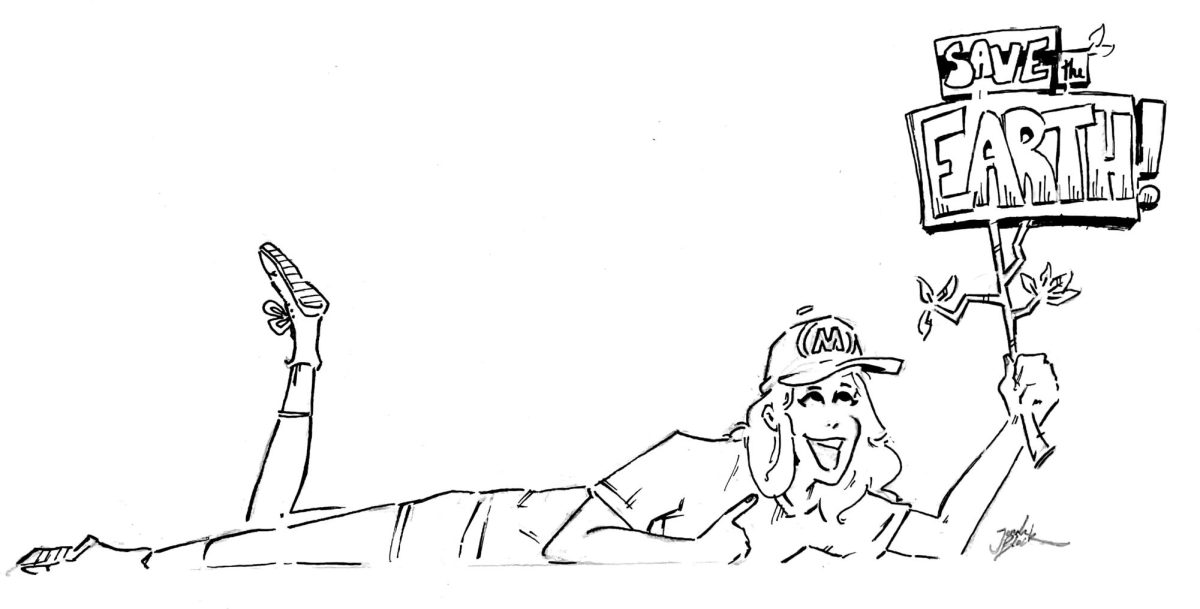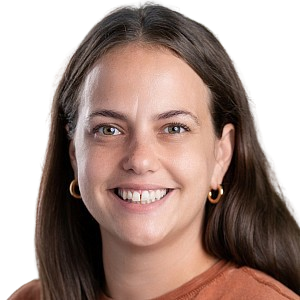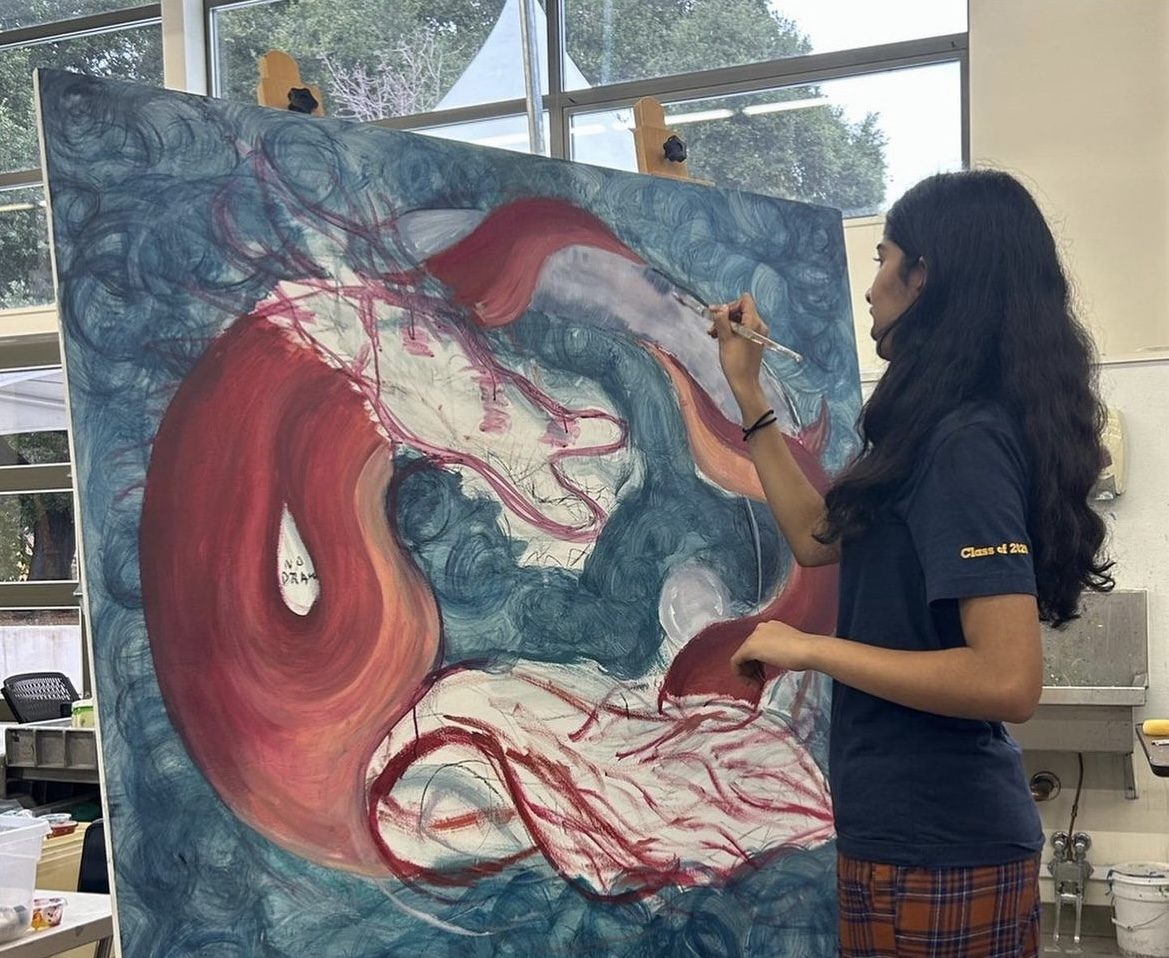Issues around food waste first sparked the interest of junior Izzy Klugman during MTerm in her freshman year. The freshman MTerm curriculum focuses on a range of topics related to sustainability, including agricultural sustainability. Klugman connected the topic of food waste, in particular, to her everyday life. “I thought of […] the food waste, [the] food insecurity that I see in my community, and my impact with that,” Klugman said. MTerm inspired her to learn more about food waste and make a difference in her community.
According to Klugman, food insecurity is more widely discussed than food waste despite both issues having similar global impacts. Klugman reached out to professors from UC Berkeley, UC Davis and American University, as well as startups and nonprofit organizations in the Bay Area to learn more about how they were working to mitigate food waste. She hoped to use this information to start her own project.
Klugman initially partnered with Community Engagement Coordinator Ava Petrash with the aim of creating a community fridge, where community members would be able to share produce and other foods. However, this idea did not come to fruition.
Klugman then moved on to a new project: writing a paper on the relationship between socioeconomic status and the amount of food waste in households. Her goal is to publish her paper in an academic journal.
Petrash put Klugman in contact with Aly Beveridge, a freelance private chef who works in food sustainability. Beveridge is a master’s candidate for a degree in food and resource economics at the University of Copenhagen. With Beveridge’s guidance, Klugman finished the paper and found that households with an annual income of over $250,000 typically wasted 20% more food than those with an annual income of below $200,000, according to data collected from 17 jurisdictions in San Mateo County.
Klugman is also starting an internship with a Bay Area food waste management startup called Replate. Replate transports food leftovers from companies to nonprofit food banks. “I’m going to be contacting companies and doing outreach to help Replate increase the scope of their impacts,” Klugman said.
Replate’s website currently states that they have recovered 3.7 million pounds of food waste from large corporations such as Netflix and Amazon and have sent 3 million meals to nonprofits, food which would otherwise be placed in landfills. “It kind of simultaneously helps with food waste, and also food insecurity,” Klugman said.
Senior Tyler Mitic also spearheaded a sustainability initiative during MTerm in the 2022-23 school year, creating a documentary that focused on sewage pollution in Southern California. A regular surfer with friends in Big Sur, Mitic noticed that many of his friends were getting sick after spending time in the water. “I had a number of friends [in Pacifica and Half Moon Bay] starting to get sick from the water, and I was hearing horror stories about people who couldn’t get out of bed for months after paddling out. And I even knew a couple of people who had gotten staph infections, which was really scary to me,” Mitic said.
Many sewage pipes, some of which are over 100 years old, have been cracking, which causes harmful bacteria to leak into rainwater runoff, according to the Surfrider Foundation’s website. Mitic worked with former Moviemaking teacher Tripp Robbins to help him create a documentary about the sewage runoff into the ocean. Mitic interviewed a surfer who is part of the Surfrider Foundation about this issue and learned about the reasons behind sewage runoff contaminating waters.
The atmospheric rivers in early 2023 caused an influx of rainwater to pass through drainage pipes and leaked more sewage into the ocean. According to the Surfrider Foundation’s website, sewage spills and infrastructure failures release more than 900 billion gallons of sewage into the ocean every year. “So there’s a bunch of these water quality reports that are done, mainly by Surfrider, and they were reporting these insanely bad numbers for Enterococcus, which is a bacteria in fecal matter which they use to see how much sewage is in the water,” Mitic said. “It’s a pretty scary and gross issue.”
“These are the problems that we’re facing in our lifetimes and our kids are going to be facing in their lifetimes,” Mitic said. “And Menlo encourages us to make our voices heard.”








